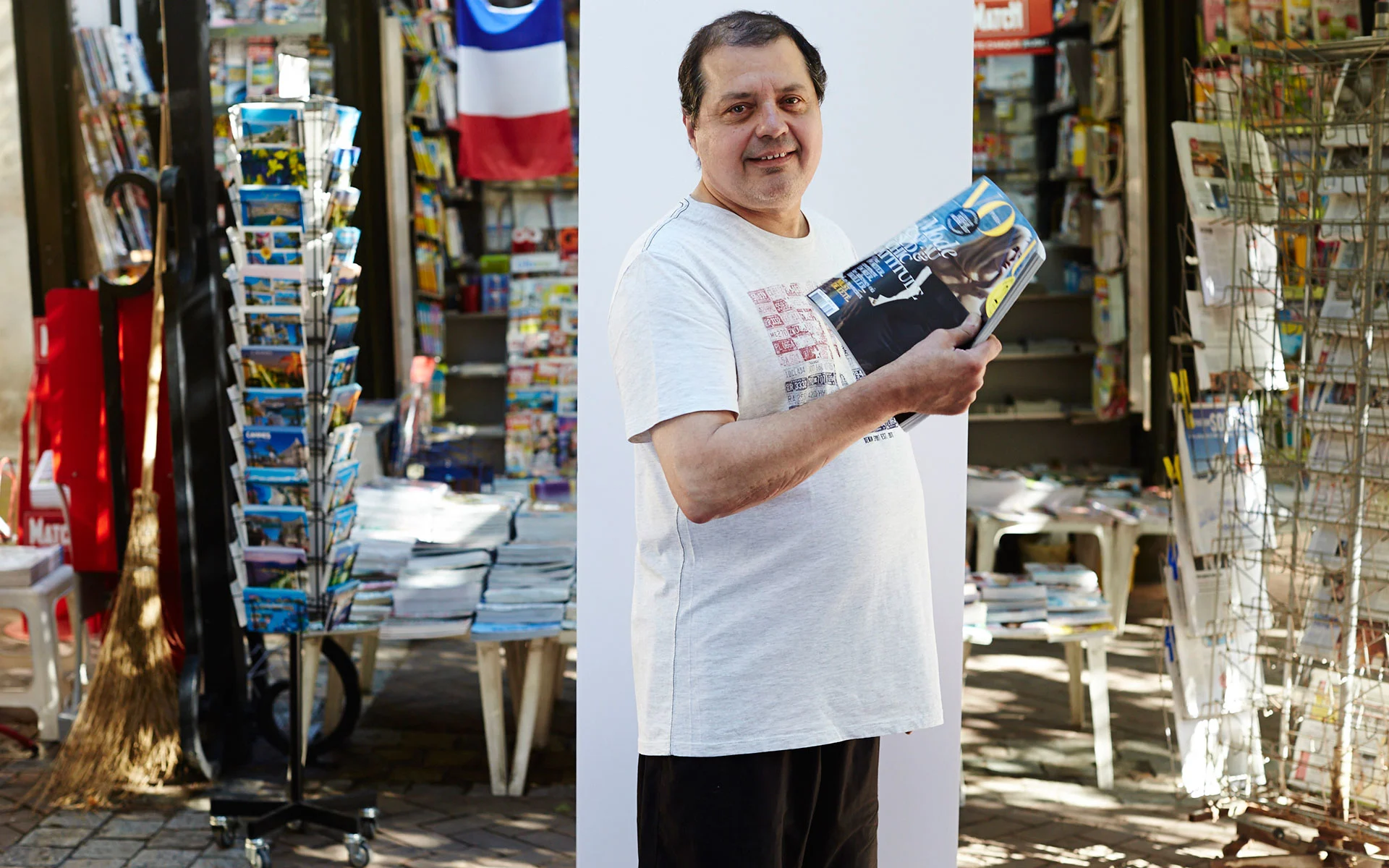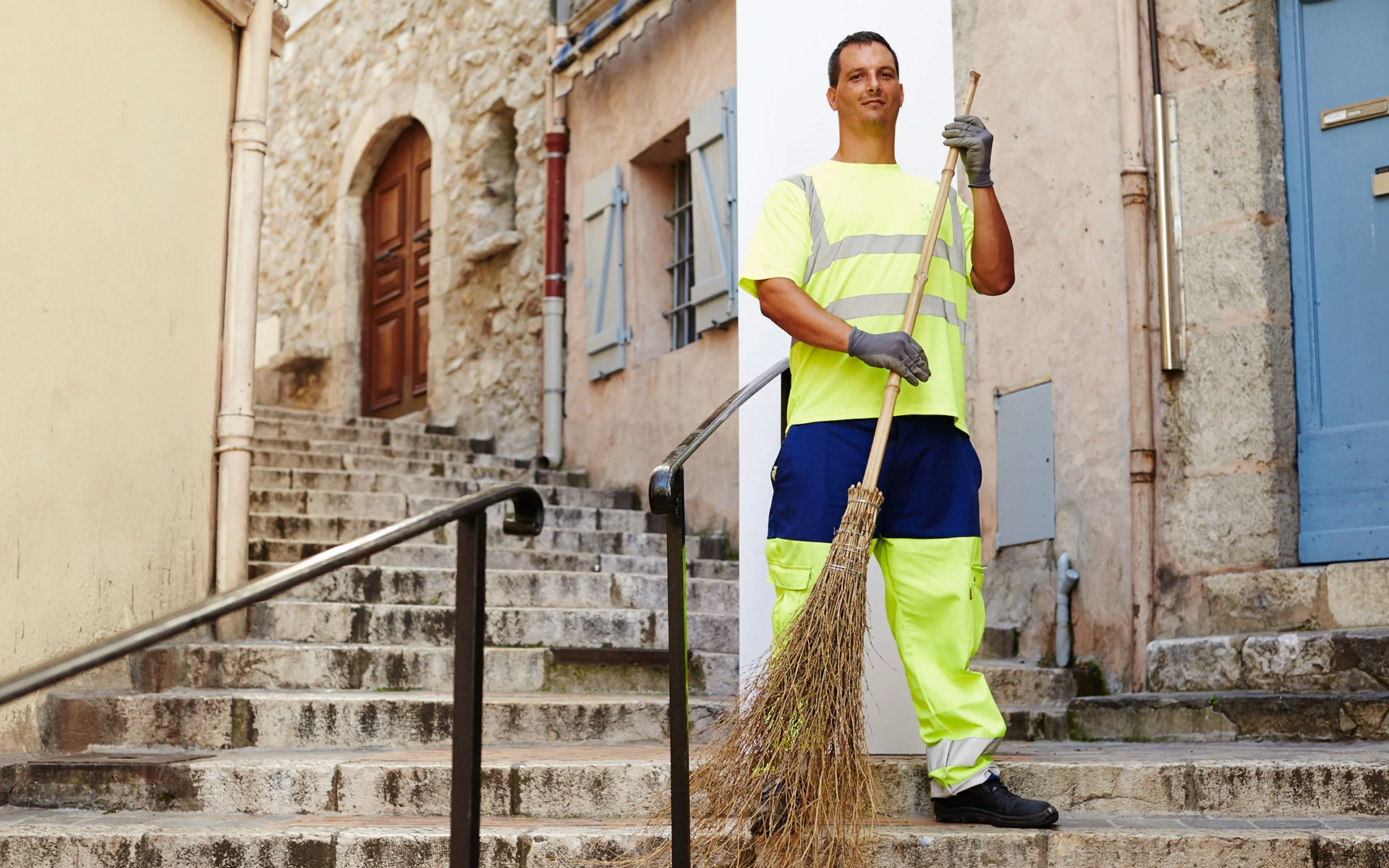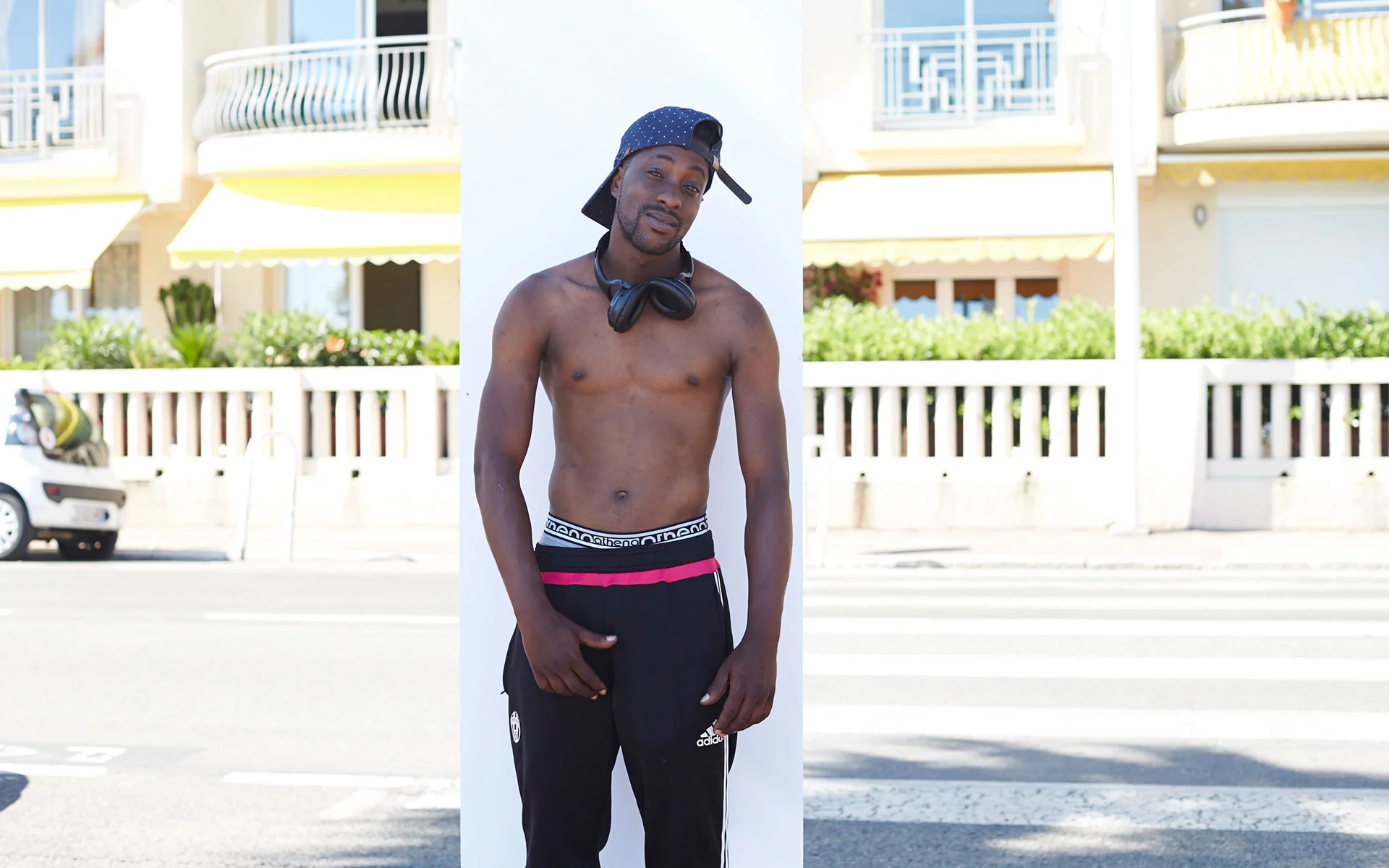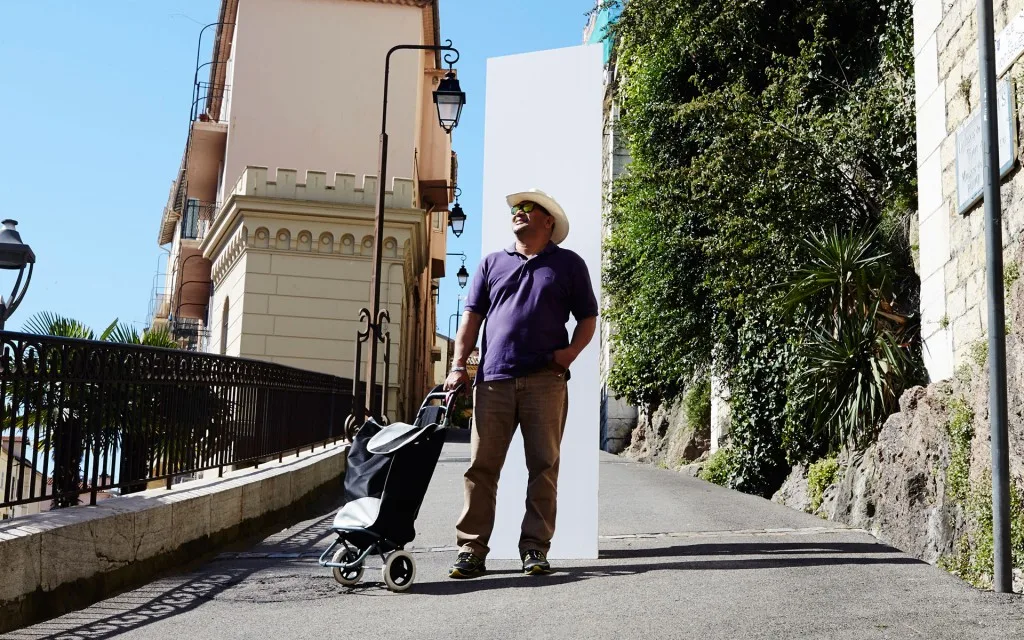
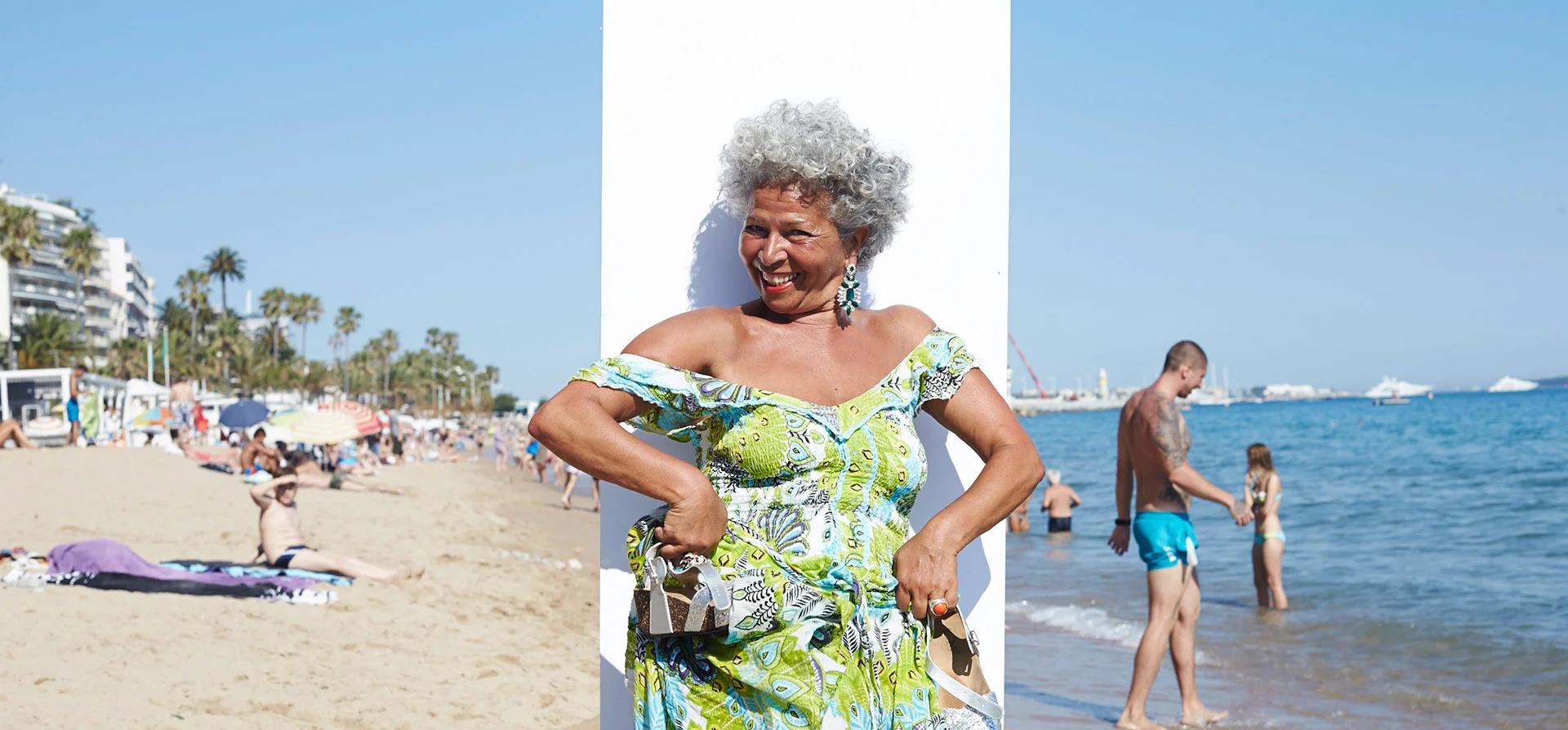
Cannes is a beautiful city, but it is also a strange city. Throughout the year people fly in for various conferences and festivals – the film industry, the ad industry and the real estate industry all descend on this corner of the French coast at one time or another. But whisked around town in tinted-windowed Ubers, moving from one wine-drenched networking event to another, the real city remains distant – glimpsed at best and totally ignored at worst.

For the photographer Rankin, his first experience very much followed this pattern. “I was a lot younger so it was a lot of rosé, a lot of sun, a few meetings and then a big hangover,” he recalls. “It was fun but very much just a jolly.”
Over the years though, he has come to think about Cannes in a different way, as somewhere that exists independently from the fleeting experience so many people have of the city.
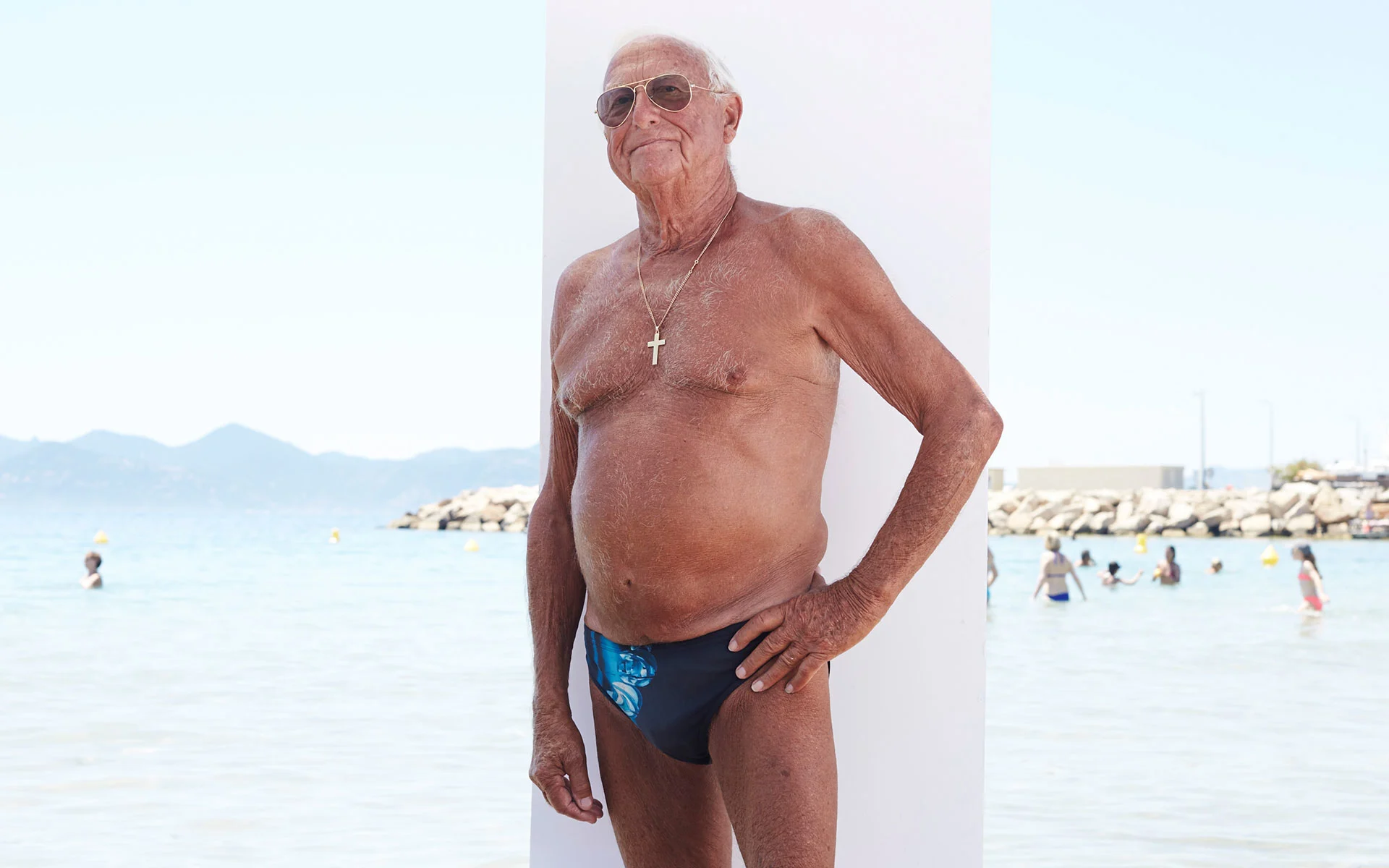
“I think people see Cannes as this glamorous place that movie stars and celebrities visit to go to parties. We come here in the hope some of that glitter will somehow rub off on us. Having been here a few times, I can assure you it doesn’t.
“It got me thinking about the relationship we have with these places. It’s not restricted to Cannes. In the UK, seaside resorts become home to political conferences. In Miami, it’s art fairs. Various industries use them as makeshift camps for their own gain: come in, take over, invariably get very drunk and then leave again. It can feel soul-destroying.”
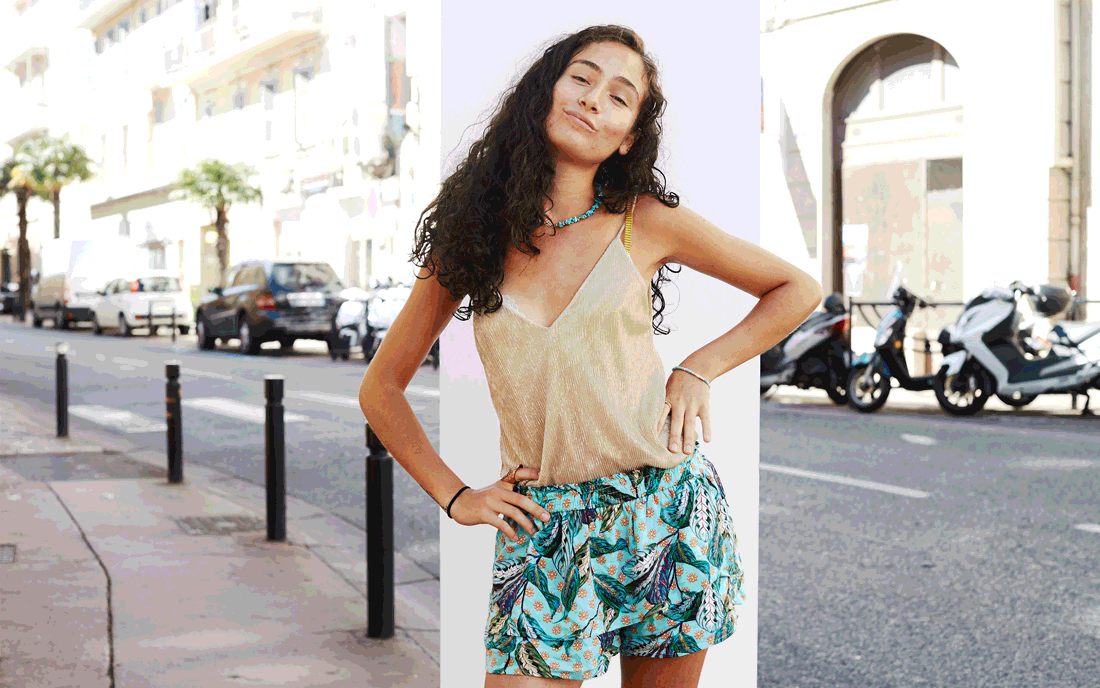
So for this year’s Cannes Lions creative festival, Rankin and WeTransfer decided to do things a little differently. Away from the air-kissing chaos of the Croisette, he went off in search of the people who call this city home. Through a series of portraits, taken then and there on the streets, he has built a picture of this city that challenges our prejudices and subverts our preconceptions.
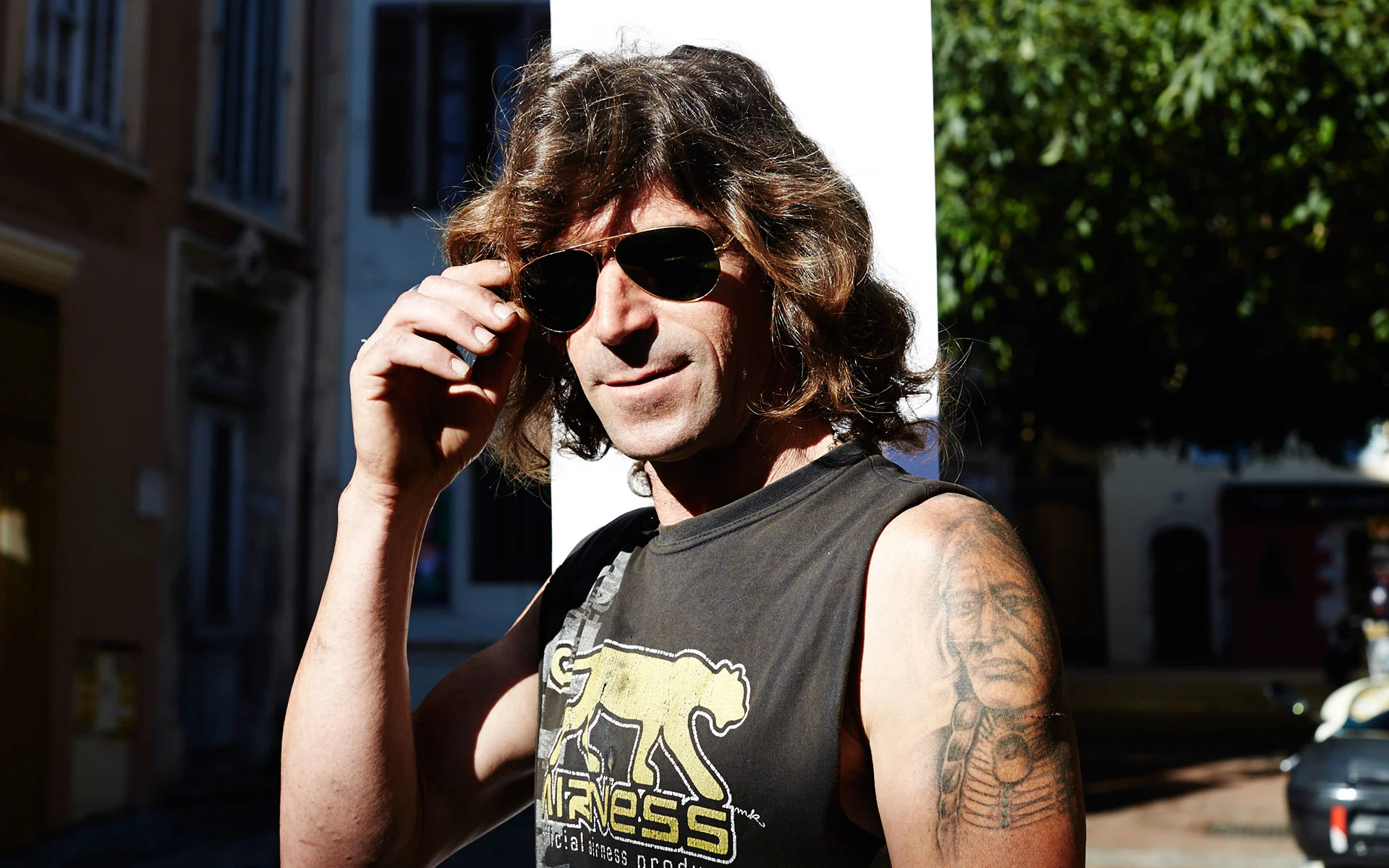
“Even though we’re not exactly transforming the behaviour of our industry, I think we’re stimulating an interesting debate,” he says. “By turning the lens away from Cannes Lions and focusing instead on the people who inhabit this place, it is an opportunity to stop and appreciate the city that we are colonising for a week.
“In many ways it is the Cannes that we would usually see, and that is the point. We’ll drift away but life for these people will go on.”
The series includes street sweepers and sun-worshippers, the head of the local petanque club and a mother-daughter duo out for an afternoon skating. While some were confident and relaxed in front of the camera, others needed more coaxing, but Rankin says he was often surprised that people didn’t react in the way he expected.
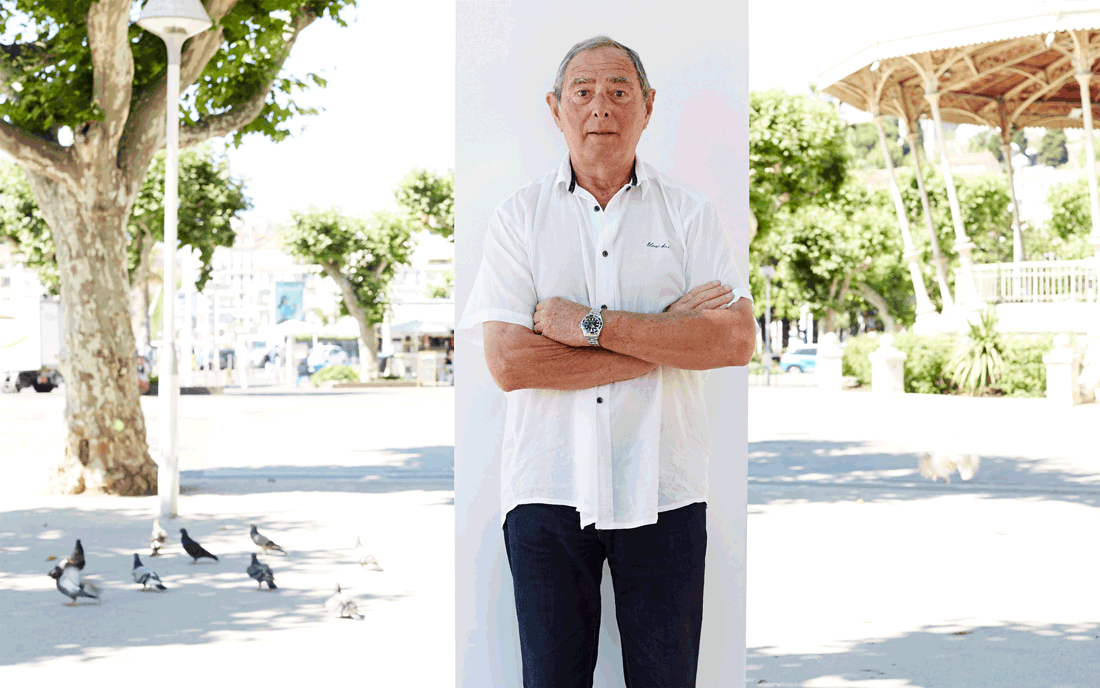
His images will appear on WeTransfer for the next few weeks and he believes they may have an effect on the way people see the city.
“I hope they will find it interesting and thought-provoking. Maybe it’ll just make them want to go on holiday, but hopefully it will give people a different perspective on what Cannes can be?”


